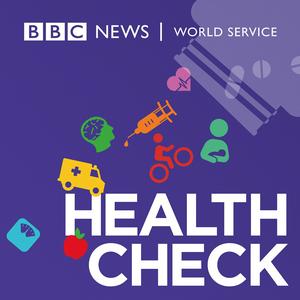How a patient survived for 48 hours without lungs. Too ill to receive a lung transplant straight away, the man relied on an artificial lung while his body recovered from an infection. As he prepares to repeat the procedure for the first time, Dr Ankit Bharat, Chief of Thoracic Surgery at Northwestern University’s Feinberg School of Medicine explains the groundbreaking technique.
Radiotherapy for abdominal cancers can severely damage the uterus and ovaries, causing infertility. However, a team have developed a technique where the uterus is moved out of harm's way during treatment, and now the first baby has been born to a recipient in Europe. Our studio guest today, genito-urinary consultant Vanessa Apea, explains how it worked and what it might mean for patients.
Measles cases are on the rise in many parts of the world with more and more countries losing their elimination status. Rogelio Navarro reports on a particularly significant outbreak in Guadalajara, Jalisco State in Mexico.
Condom use is in decline in Ghana. Will a government intervention on Valentine’s Day make any difference? Plus, a new map for deadly scorpions’ habitat – would you know what to do if you were stung?
Presenter: Laura Foster
Producer: Hannah Robins
Assistant Producers: Jonathan Blackwell, Georgia Christie, Anna Charalambou


